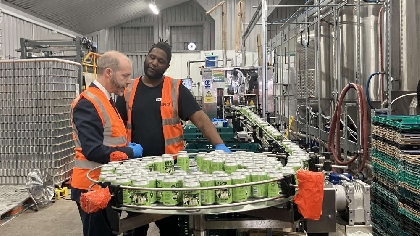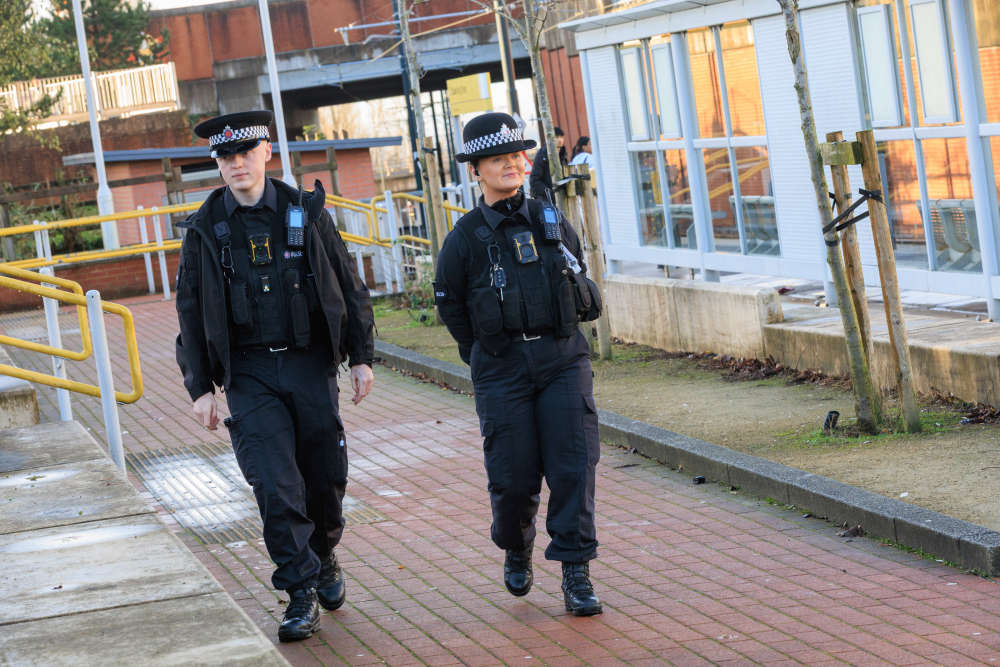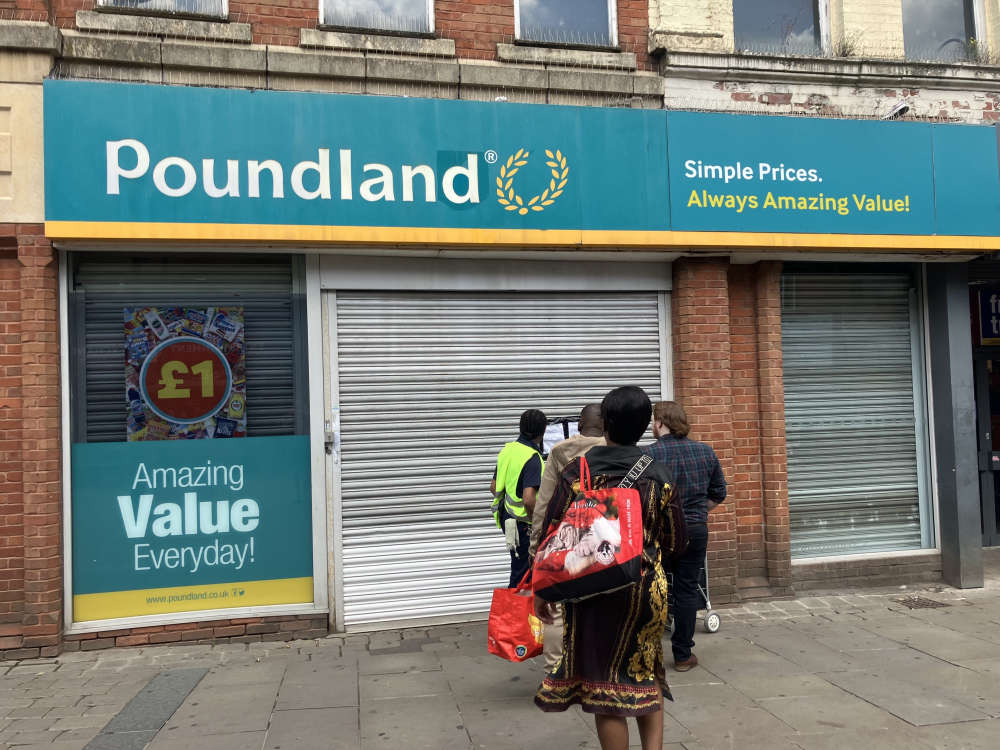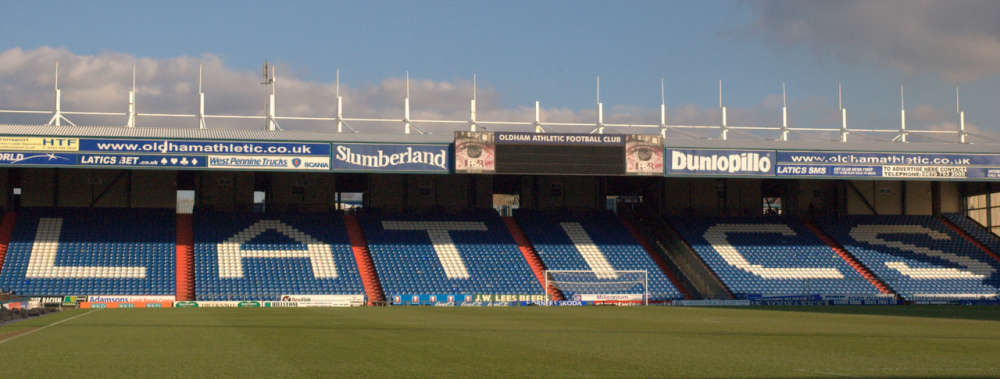
In an independent kombucha brewery under a railway bridge in Manchester Piccadilly, the new Secretary of State for Business and Trade suggested he would be ringing in a new era for Greater Manchester’s dying market towns.
But Jonathan Reynolds, MP for Stalybridge and Hyde, also indicated there could be ‘difficult decisions’ ahead.
Traditional market towns like Oldham and Hyde have seen a rapid decline in recent years, with high street shops left empty and a collapse in footfall and spending.
The deterioration accelerated during the change in shopping habits during the pandemic and has struggled to pick up again during the cost-of-living crisis.
Speaking at Hip Pop bottling works, Mr Reynolds said: “The last Labour government really led the rebirth of the big northern city. I think we’re going to do a similar job for towns with pilot projects and a better business environment.
“I don’t want to look at the past. I know from the kinds of market towns I represent, they’ve changed in terms of business and shopping habits. But I still think they’re really important. I think there’s a better future and I want that to be a priority for the country.”
He said he was looking for towns around the country to become ‘exemplars for how that regeneration could happen’, which would be helped along by new policies surrounding business rates and new powers for councils to tackle derelict properties.
“I know this from my own constituency Stalybridge and Hyde. It’s not just about the commercial side, it’s the role of housing and leisure,” Mr Reynold said. “[A regeneration plan] would bring in housing, it would bring in more vibrant independent businesses.
“I know it’s hard but things that make the biggest difference sometimes can be hard. I think people aren’t looking to the past but they do recognise in a lot of places the health of the high street is a massive concern and it affects how people feel about their area and the economy.”
He claimed that ‘some very significant and senior level meetings across government’ and the business and trade department had already taken place, which also concentrated on issues like tackling retail crime.
Some of these ‘examplars’ could come from within Greater Manchester – and even within Reynold’s own constituency. A £20m scheme announced earlier this year pledges to bring 1,000 new homes to Stalybridge and attract a greater array of shopping and leisure experiences to the area.
And Oldham Council recently announced plans to ‘transform the town centre’ with 2,000 new homes ‘on the doorstep’ of shops on the high street. Their partnership with ‘urban planners’ Muse, who are behind the regeneration projects in Manchester’s Northern Quarter and Salford Central, will involve attracting investment from both private and government funds to rejuvenate the fading town centre.
The secretary of state, who tried his hand at packaging a quick-moving circuit of Kombucha cans, indicated it was small, independent businesses like Hip Pop that could make a significant difference to the local economy. His visit was occasioned by the announcement of a crackdown on late payments to help small businesses ensure they were paid for their work on time.
Late payments have been linked to 50,000 business closures a year, costing small and medium-sized enterprises around £22k annually, according to the government. Smaller firms are particularly vulnerable, with 2.6 million businesses affected.
Emma Thackery, co-founder of Hip Pop, told the LDRS: “Late payments can be a massive issue for a growing business like ours. It can be difficult to deal with.
“It’s a cumulative thing. If there’s five or six [late payments] affecting you at the same time, you’ve got to be really on it with cash flow and planning in advance. We’ve still got to pay our bills on time and pay our team.”
The Department for Business and Trade wants to put in ‘tough new laws’ to end ‘bad payment culture’ and introduce yearly reports for larger businesses to monitor how quickly they send off their dues.
Prime Minister Keir Starmer commented that he was “determined to back small businesses by unlocking their barriers to growth, and stamping out late payments is at the heart of this.”
However, while late payments are a significant issue for businesses, so too is the rising anxiety about the incoming budget, following admissions by the Labour cabinet that the UK’s finances were in a ‘terrible state’. The Business Secretary would not answer whether businesses could expect hikes in their business expenses through rises in tax or business rates.
But Mr Reynolds said that any ‘difficult decisions’ would be taken out of necessity.
“Even if we have to make some difficult decisions, that is because we need some kind of financial stability that has been lacking for the last fourteen years,” Mr Reynolds said. “I can’t deny the fact that there are difficult decisions that have come about through things that we can’t possibly have imagined are as bad as they are. But I would want to make sure people are aware fundamentally of an optimistic message to a better future.”


 Two more arrested after town centre disorder
Two more arrested after town centre disorder
 Poundland Closure in Oldham
Poundland Closure in Oldham
 League Two Preview: Crawley Town v Latics
League Two Preview: Crawley Town v Latics
 MP Debbie Abrahams briefed on FCHOs big project
MP Debbie Abrahams briefed on FCHOs big project

